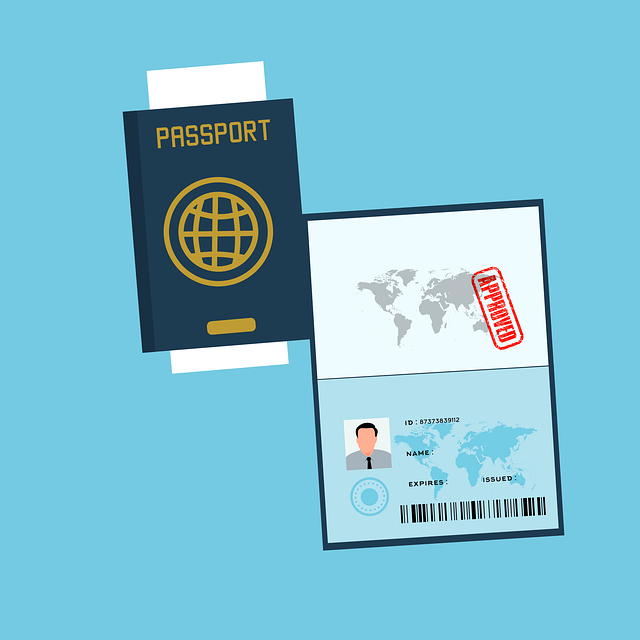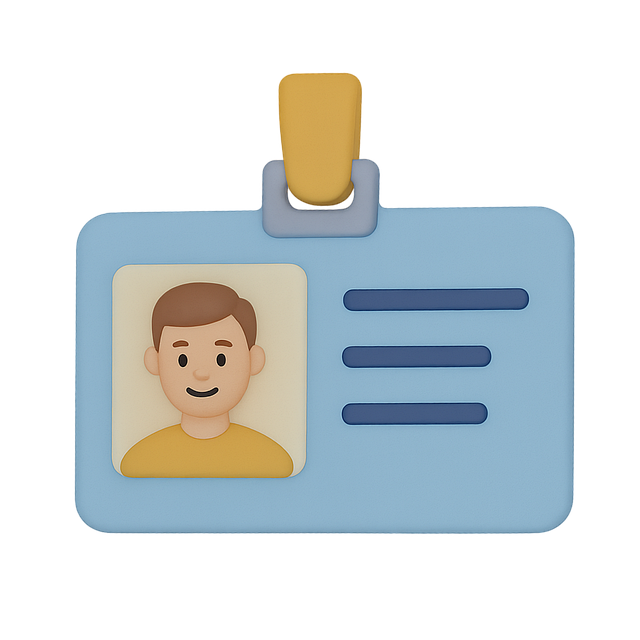Transportation safety checks are vital for ensuring passenger security in industries like trucking, ride-sharing, and mass transit. Background checks identify risks by verifying identities, screening criminal histories, and inspecting bags. These measures deter harm, maintain public trust, and adapt to evolving security threats. However, implementing these checks balances privacy concerns while staying effective against malicious actors using advanced technologies.
In today’s world, ensuring passenger protection during transportation is paramount. Background checks play a pivotal role in maintaining safety, yet their significance is often overlooked. This article delves into the crucial aspect of transportation background checks, exploring their impact on preventing potential threats and fostering public trust. We analyze various types of checks, their importance, and challenges, while offering insights into enhancing security through comprehensive screening methods, ultimately reinforcing transportation safety measures.
- Understanding Transportation Background Checks
- The Role in Ensuring Passenger Safety
- Types of Checks and Their Importance
- Impact on Public Trust and Confidence
- Challenges and Limitations to Consider
- Enhancing Security through Comprehensive Screening
Understanding Transportation Background Checks

Transportation background checks, also known as transportation safety checks, play a pivotal role in safeguarding passengers and ensuring the overall security of various modes of travel. These checks are designed to identify potential risks associated with individuals who have access to vehicles or public transit systems. By examining an individual’s history, including criminal records, employment details, and personal references, transportation authorities can make informed decisions about granting access and ensuring a safe environment for everyone involved.
This process is particularly crucial in industries such as commercial trucking, ride-sharing services, and mass transit operations where individuals regularly interact with passengers or operate vehicles carrying many people. Implementing thorough background checks helps prevent the involvement of known criminals or individuals with a history of violence, thereby reducing the risk of security breaches and ensuring passenger protection during their journeys.
The Role in Ensuring Passenger Safety

Background checks play a pivotal role in ensuring passenger safety across various modes of transportation. By scrutinizing individuals who interact with passengers, transit systems can proactively mitigate potential risks and threats. These checks act as a crucial layer of defense, helping to identify and disqualify those with malicious intent or unacceptable records from accessing sensitive areas where they could pose a danger.
In the broader context of transportation safety checks, this process encompasses verifying identities, screening for criminal history, and assessing any red flags that might indicate future threats. This proactive approach allows transit operators to maintain a secure environment, fostering confidence among passengers and ensuring their well-being during their journeys.
Types of Checks and Their Importance

Transportation background checks are a crucial component of ensuring passenger protection. These checks encompass various types, each serving a distinct yet vital purpose in safeguarding travelers and maintaining transportation safety. One such essential check involves verifying the identity of individuals boarding vehicles, preventing unauthorized access, and mitigating risks associated with impersonation or fraud.
Additionally, transportation security screenings include assessing potential security threats, such as weapon possession or involvement in criminal activities. This is accomplished through rigorous bag inspections, metal detectors, and advanced imaging technologies that help identify suspicious items or behaviors. The importance of these checks lies not only in deterring intentional harm but also in responding swiftly to unforeseen incidents, thereby ensuring the well-being of all passengers on board.
Impact on Public Trust and Confidence

The implementation of thorough background checks in transportation plays a pivotal role in fostering public trust and confidence. By verifying the integrity and reliability of individuals involved in critical transport sectors, such as driving professions or airline operations, these checks instill a sense of security among passengers. Knowing that their safety is not only a priority but also actively guarded by robust verification processes encourages a positive perception of transportation services. This enhanced trust is essential for the industry’s growth and sustainability, as it attracts more users and promotes intermodal travel.
Public confidence in transportation safety checks acts as a powerful shield against potential security threats. It discourages malicious actors from exploiting transport systems, knowing that their attempts will be met with stringent scrutiny. Consequently, these checks contribute to maintaining the overall integrity of transportation networks, ensuring they remain safe havens for travelers and not breeding grounds for criminal activities or terrorism.
Challenges and Limitations to Consider

Implementing thorough background checks in the transportation sector is a complex task due to several challenges and limitations. One of the primary difficulties lies in balancing passenger protection with privacy concerns. As transportation safety checks delve into sensitive personal data, it’s crucial to have robust protocols that safeguard both individuals’ rights and ensure security. The process must be meticulously designed to prevent any discrimination or unfair treatment based on factors unrelated to safety risks.
Another challenge is keeping up with evolving technologies and the dark web, which can compromise background check accuracy. Traditional methods may miss recent or hidden information, especially when dealing with international transportation. Additionally, the constant need for updating databases and sharing intelligence across various transport agencies poses logistical challenges, requiring efficient systems to maintain comprehensive and current records.
Enhancing Security through Comprehensive Screening

Transportation background checks play a pivotal role in enhancing security and ensuring passenger protection. These comprehensive screenings act as a robust defense mechanism, allowing transit systems to identify potential risks and prevent unforeseen dangers. By delving into an individual’s history, including criminal records, mental health assessments, and previous travel behaviors, transportation authorities can make informed decisions that safeguard the well-being of all passengers.
In today’s world, where security is a paramount concern, these thorough checks are not just procedures but essential tools to navigate the complex landscape of passenger transport. They enable transit companies to anticipate and mitigate risks, fostering a sense of safety and security for everyone involved. Thus, transportation safety checks become a game-changer in maintaining order and ensuring a peaceful journey for all.














